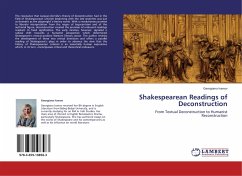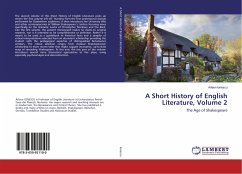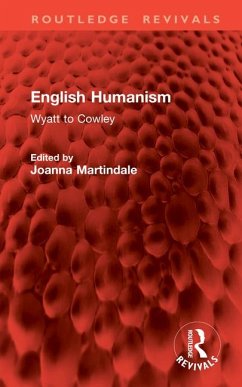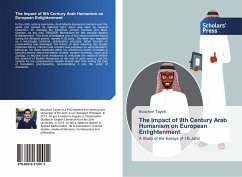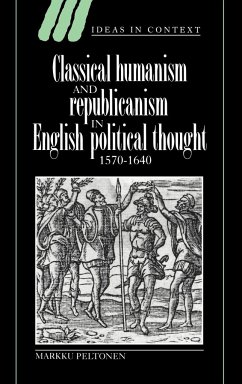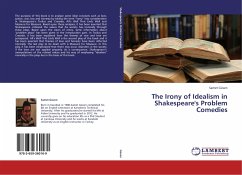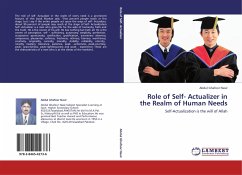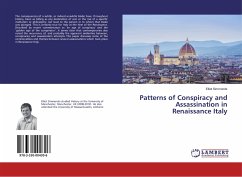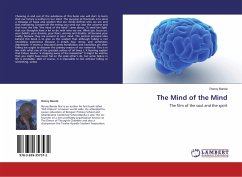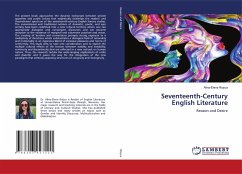
Seventeenth-Century English Literature
Reason and Desire
Versandkostenfrei!
Versandfertig in 6-10 Tagen
41,99 €
inkl. MwSt.

PAYBACK Punkte
21 °P sammeln!
The present book approaches the dynamic exchanges between private appetites and public virtues that majestically challenge the readers' and theoreticians' spectrum of the seventeenth-century English literary studies. The conventional and traditional notions of dramatic, poetic, and epic writing have been redefined into a new cultural territory where one can appropriate divergent and convergent discourses and can become receptive to the existence of marginal and subversive practices and voices. The crossing of borders and conventions prompts strong exposure to a multiplicity of directions which...
The present book approaches the dynamic exchanges between private appetites and public virtues that majestically challenge the readers' and theoreticians' spectrum of the seventeenth-century English literary studies. The conventional and traditional notions of dramatic, poetic, and epic writing have been redefined into a new cultural territory where one can appropriate divergent and convergent discourses and can become receptive to the existence of marginal and subversive practices and voices. The crossing of borders and conventions prompts strong exposure to a multiplicity of directions which substantiates a dialogical field of rationality and irrationality in an ingenious blend of excessive pleasures and norms of conformity. This study aims to take into consideration and to exploit the multiple cultural effects of the tension between stability and instability, continuity and discontinuity that are reflected in a new outlook on human nature. Thus, the research tackles the wide-ranging implications of order and disorder and it paves the way for the integration of the new paradigms that embody opposing structures of congruity and incongruity.



